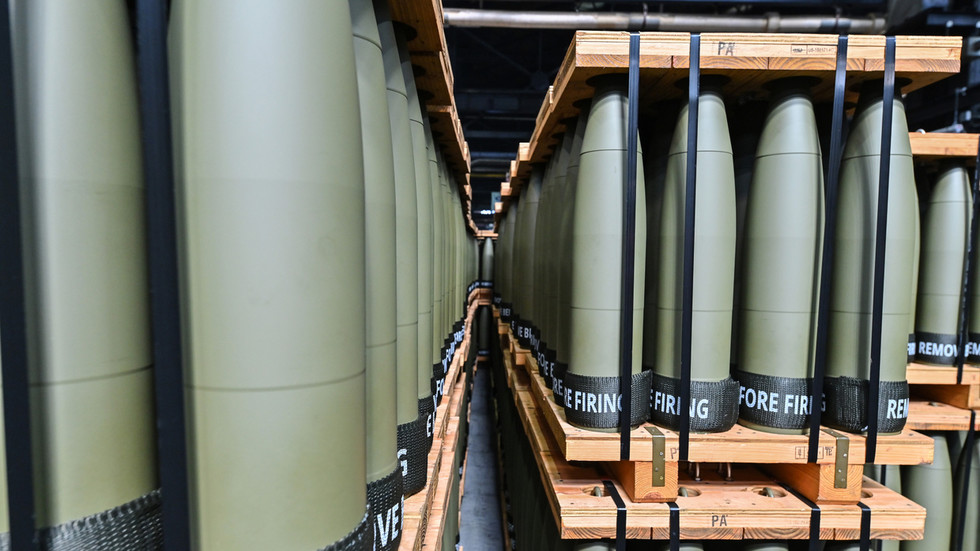Republican Conference Chair Rep. Elise Stefanik, R-N.Y., questions Columbia University president Nemat Shafik during a House committee hearing on antisemitism in higher education last month.
Mariam Zuhaib/AP
hide caption
toggle caption
Mariam Zuhaib/AP

Republican Conference Chair Rep. Elise Stefanik, R-N.Y., questions Columbia University president Nemat Shafik during a House committee hearing on antisemitism in higher education last month.
Mariam Zuhaib/AP
One of the Republican Party’s leaders in the U.S. House, Representative Elise Stefanik, addressed a caucus of Israel’s parliament on Sunday, where she called for full military aid to support the war against Hamas in Gaza.
Stefanik, who represents a conservative district in northern New York, said the U.S. should supply “the state of Israel with what it needs, when it needs it, without conditions to achieve total victory in the face of evil.”
Writing on social media, Stefanik framed the speech as a rebuke to President Joe Biden, who curbed delivery of some weapons to Israel amid growing concern over the humanitarian crisis and civilian deaths in Gaza.
Speaking with CNN earlier this month, Biden said he would withhold bombs and artillery shells if Israel escalated fighting in Rafah, a city in Gaza where large numbers of Palestinian refugees have gathered.
“If they go into Rafah, I’m not supplying the weapons that have been used historically to deal with Rafah, to deal with the cities,” Biden said.
The Biden administration withheld a shipment of 2,000 pound bombs to Israel, but later announced plans to move forward with $1 billion in military aid.
In her speech, Stefanik who serves as House Republican conference chair, blasted the idea of any restrictions that might hamper the fight against Hamas.
“Total victory starts, but only starts, with wiping those responsible for October 7th off the face of the earth,” Stefanik said.
Hamas launched an attack inside Israel on October 7 that killed roughly 1,200 people, including civilians, according to the Israeli government.
In the months since, Israel’s military has waged a military campaign inside Gaza that has left more than 35,000 people dead, including many civilians, according to the Gaza Ministry of Health.
The violence in Gaza has sparked international condemnation of Israel and spurred a protest movement on college campuses inside the U.S.
Stefanik blasts “moral rot” at U.S. universities
Stefanik spoke before a caucus of the Knesset focused on concerns about antisemitism on university campuses around the world.
In recent months, Stefanik has taken an increasingly prominent role during House committee hearings focused on concerns about alleged antisemitism at U.S. colleges.
Facing pressure from politicians, college campuses across the U.S. have used police to break up pro-Palestinian protests. Students, including some Jewish activists, have been rallying to force their universities into divesting from Israel or companies that are profiting from the war.
During her speech in Tel Aviv, Stefanik accused pro-Palestinian activists of “calling for intifada and genocide” against Jews.
“Those views, though given airtime by some radical Democrat members of Congress, those views do not reflect the views of the American people,” Stefanik said.
Stefanik said her efforts to oust top university officials in the U.S., whom she accused of tolerating antisemitism, will continue.
Some critics have accused Republicans of leveraging legitimate fears about antisemitism to attack progressive ideas and liberal leaders.
“When loud voices are trying to exploit concerns around antisemitism to advance this broader reactionary, extremist agenda, we need to understand what’s happening there,” said Amy Spitalnick, CEO of the Jewish Council for Public Affairs, in an interview with NPR last month.
Debate in the U.S. over antisemitism and support for the war in Gaza comes at a moment when Israeli politicians are divided over how to pursue the fight against Hamas.
A centrist member of Israel’s war cabinet, Benny Gantz, has said he will leave the coalition government unless Prime Minister Benjamin Netanhahu develops a concrete plan for the future of Palestinians in Gaza.
“We need a strategic reversal,” Gantz said in a televised speech on Saturday, describing the current situation as a “moment of truth” for Israel.





















Discussion about this post